In an attempt to exploit the natural protective properties of tree bark, researchers in Sweden and Latvia have created a water-resistant coating for timber using compounds from birch and spruce bark. This is the first wood-protection coating sourced entirely from tree bark, with no additional chemicals.
Durability is a challenge for wood-based materials used in construction as outdoor environments can expose them to moisture, heat, sunlight and microorganisms. Applying a protective coating can prolong the lifespan of such materials, and the wood processing industry currently relies on synthetic coatings that often contain hazardous organic solvents and polymers derived from fossil hydrocarbon resources.
While previous research has explored tree bark-derived compounds as additives in synthetic mixtures, the coating developed by Mika Sipponen, of Stockholm University, and colleagues is derived entirely from tree bark. It contains 90% suberinic acids, extracted from birch bark, and 10% polyphenols, from spruce bark.
Heating can set suberinic acids into a tough rubber-like and water-resistant coating. However, suberinic acids are viscous and water-insoluble, and their waxy nature makes it difficult to spread them evenly without adding organic solvents. Here, Sipponen’s team uses spruce polyphenols to stabilise the suberinic acids in an aqueous suspension, distributing them uniformly to deliver an even coating. Varying the concentration of the spruce bark polyphenols also allows the mechanical properties of the cured coating to be adjusted.
Given bark is often treated as waste or burnt to generate energy, this research adds value to an underused but abundant material.
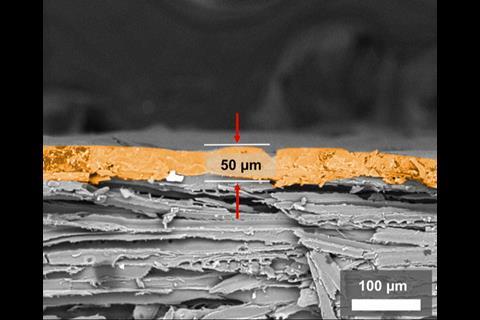
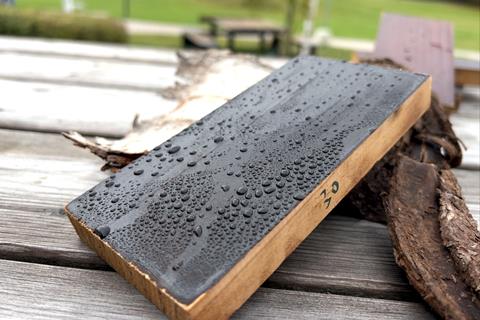
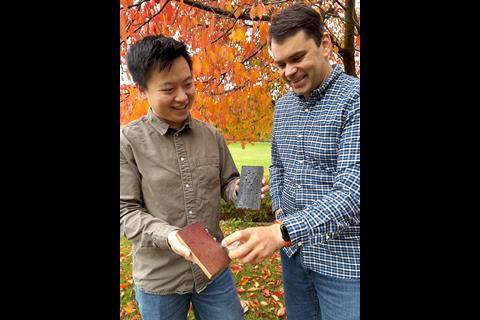
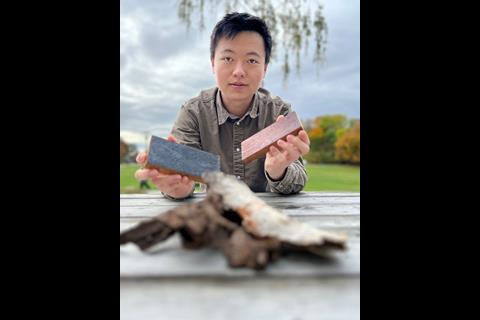

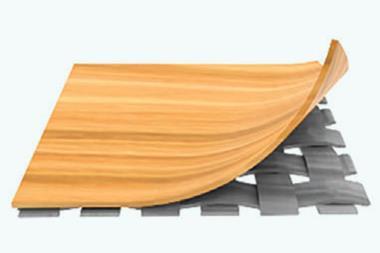
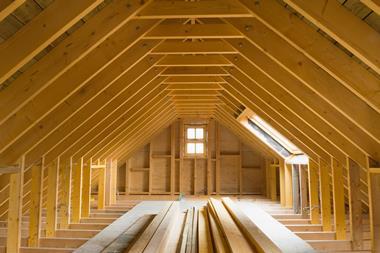

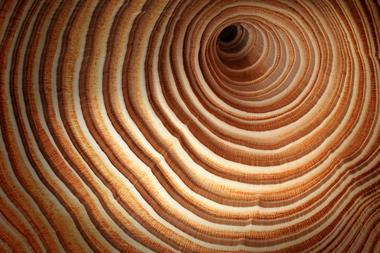
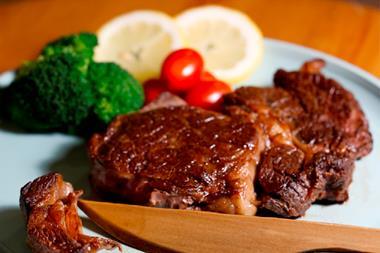






No comments yet